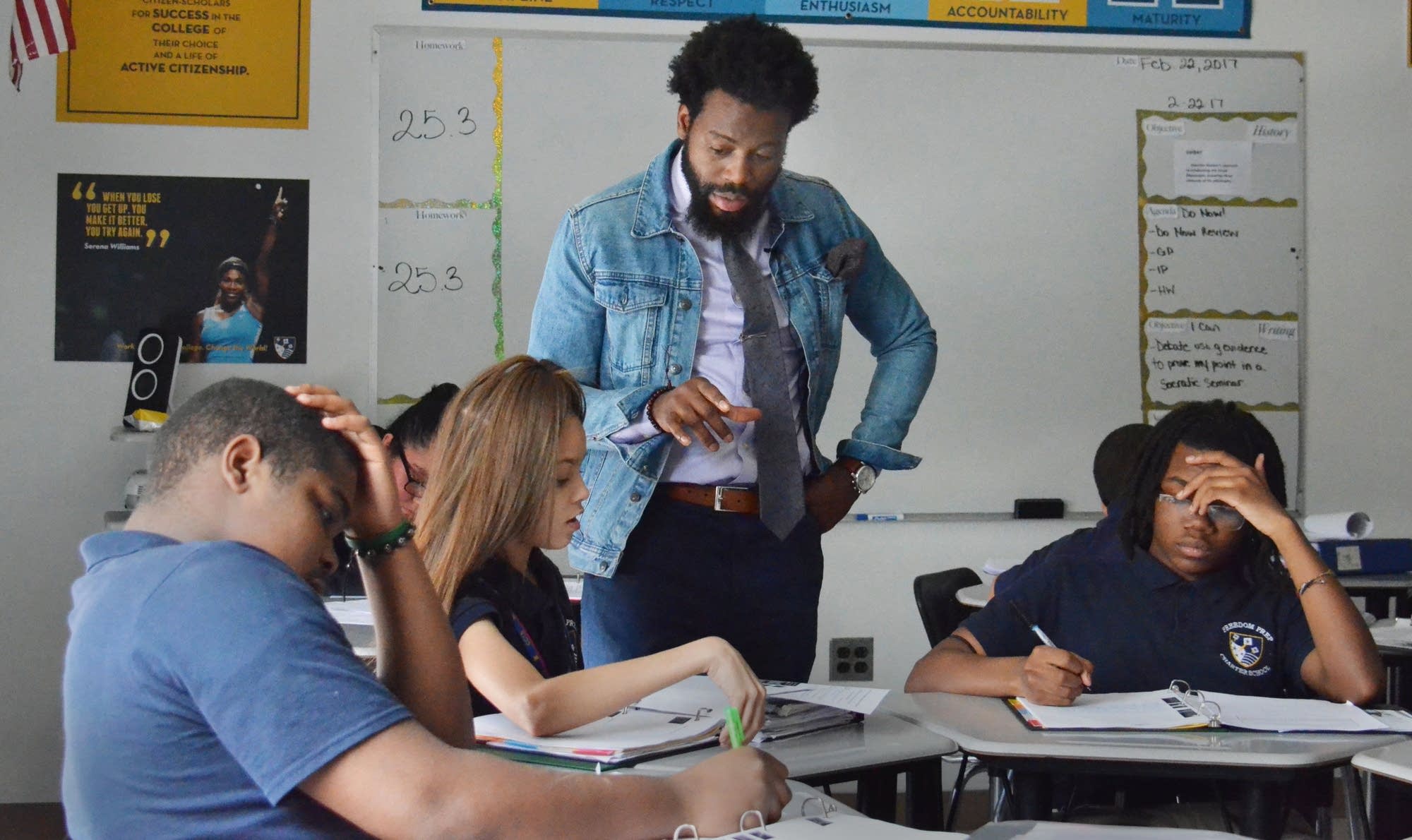
Do you think you are an above-average driver, as most people do? How do you compare with others as a parent?
Are you better than most at dancing? Where do you rank in your capability to save humanity?
Many of you will answer these questions incorrectly. For some of these skills, you will think you are better than you actually are. For others, you will think you are worse!
We have long known that, for particular skills, people tend to rate themselves imperfectly. In a famous study from 1981, researchers asked people to rate their driving ability.

More than 90 percent considered themselves above average.
Of course, some people who think they are above-average drivers really are. But the 90 percent statistic shows that many people inflate how they compare with others.
By definition, only 50 percent of people can rate above the median.
Similar results have been found in many other

More than 30 percent of one company’s engineers rated themselves among the top 5 percent.
Studies like these led social scientists to conclude that people systematically exaggerate their own capabilities, that they have what researchers call “illusory superiority.”
But that’s not the whole story…
More recent studies have found examples in which people tend to underestimate their capabilities.

One found that most people thought they would be worse than average at recovering from the death of a loved one. Another study reported that people thought they were worse than most at riding a unicycle.
Here, they exhibit illusory inferiority.
So when are people likely to be overconfident in how they rank? And when are they underconfident?
One of us has conducted research on this topic. Spencer and his collaborators used

Instead of asking people where they rank on just a few skills, they asked where they ranked on 100 skills.
For each skill, participants were asked how they thought they compared with others on the platform who shared their age and
If, on average, people thought they could outperform more than 50 percent of others at the task, that suggests systematic overconfidence.

If, however, people thought they would outperform less than 50 percent, that’s evidence of underconfidence.
There was great variation in how people assessed their relative skills at a task. On average, people rated themselves better than 75 percent of others in their ability to use a computer, for instance.
But people rated themselves better than only 32 percent of others in their ability to knit a sweater.

People tended to overestimate how they compared with others in their ability to dodge a fraud, win a trivia contest or cuddle.
But they tended to underestimate how they ranked in their ability to predict the outcome of a sporting event, win a fistfight or dance.